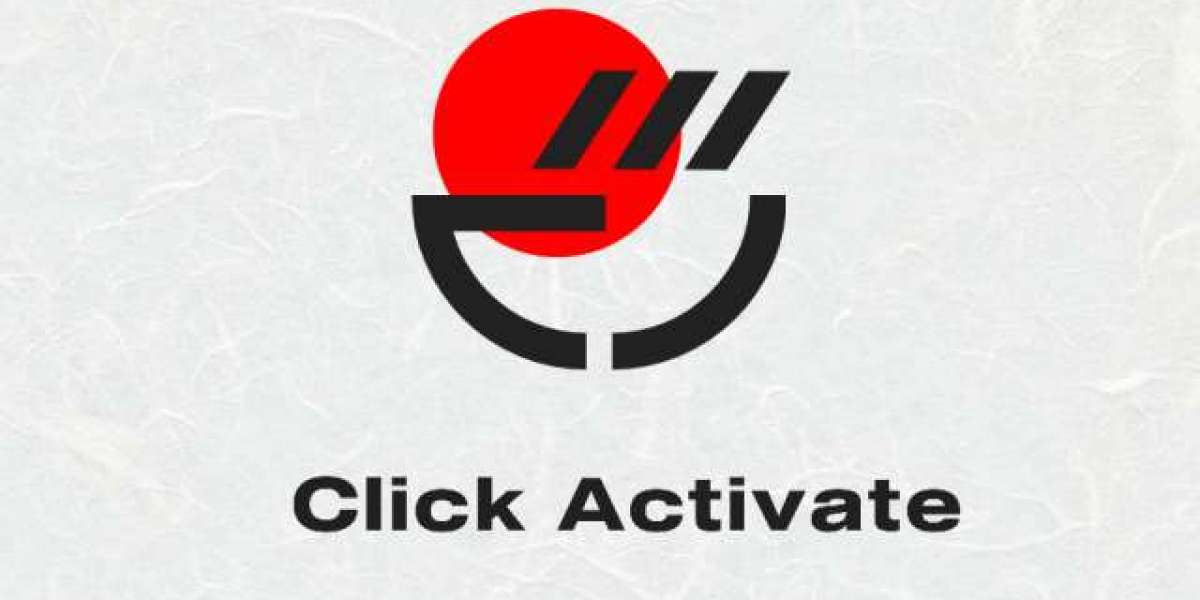Quality control in the pharmaceutical industry is of paramount importance, as it directly impacts patient health and safety. At B2B Pharma Hub, we understand the critical role that stringent quality control measures play in ensuring that pharmaceutical products are safe, effective, and reliable. This blog explores the importance of quality control and the measures that manufacturers and suppliers should implement to uphold the highest standards of product safety.
The Importance of Quality Control in Pharmaceuticals
Quality control in the pharmaceutical industry ensures that medications are safe, effective, and free from contaminants. It involves a series of processes and checks designed to maintain the integrity of products from production to delivery. Here’s why it is crucial:
Patient Safety
- The primary goal of quality control is to protect patient health. Any compromise in the quality of pharmaceutical products can lead to severe health consequences, including adverse reactions, ineffective treatment, or even fatalities.
Regulatory Compliance
- Pharmaceutical companies must adhere to stringent regulations set by agencies such as the FDA (Food and Drug Administration) and EMA (European Medicines Agency). Compliance with these regulations is mandatory to ensure that products meet the required safety and efficacy standards.
Product Efficacy
- Consistent quality control ensures that each batch of medication has the correct potency and effectiveness. This consistency is vital for achieving the desired therapeutic outcomes and maintaining patient trust.
Brand Reputation
- Maintaining high-quality standards helps pharmaceutical companies build and sustain a positive reputation. Any quality failures can damage a company’s reputation and lead to significant financial and legal repercussions.
Cost Efficiency
- Implementing robust quality control measures can prevent costly recalls, legal issues, and loss of market share due to substandard products. Investing in quality control is a proactive approach to managing risks and ensuring long-term profitability.
Measures to Ensure Quality and Safety
To ensure the highest standards of quality and safety, pharmaceutical manufacturers and suppliers should adopt the following measures:
Good Manufacturing Practices (GMP)
- Adhering to Good Manufacturing Practices (GMP) is essential. GMP guidelines cover all aspects of production, from raw material sourcing to final product distribution, ensuring that products are consistently produced and controlled according to quality standards.
Strict Quality Assurance (QA) Processes
- Quality assurance involves systematic activities implemented within the quality system to ensure that quality requirements for a product are fulfilled. This includes process validation, standard operating procedures (SOPs), and regular audits.
Advanced Analytical Testing
- Utilizing advanced analytical techniques and equipment is crucial for detecting impurities, verifying ingredient authenticity, and ensuring product consistency. Methods such as High-Performance Liquid Chromatography (HPLC) and Mass Spectrometry (MS) are commonly used.
Robust Supply Chain Management
- Ensuring the quality of raw materials is the first step in producing high-quality pharmaceutical products. This involves thorough vetting and regular audits of suppliers, along with rigorous testing of raw materials upon receipt.
Environmental Controls
- Maintaining controlled environments in manufacturing facilities is vital to prevent contamination. This includes temperature and humidity control, air filtration, and cleanroom protocols.
Employee Training and Competency
- Regular training programs for employees ensure that they are knowledgeable about GMP, SOPs, and the latest industry standards. Competent and well-trained staff are crucial for maintaining quality throughout the production process.
Continuous Monitoring and Improvement
- Implementing a continuous monitoring system helps in identifying and addressing any quality issues promptly. This includes real-time monitoring of production processes and regular quality audits to identify areas for improvement.
Traceability and Documentation
- Keeping detailed records of all production processes, quality checks, and distribution activities is essential. This traceability ensures that any issues can be quickly traced back to their source, allowing for efficient problem resolution.
The Role of B2B Pharma Hub in Promoting Quality and Safety
At B2B Pharma Hub, we are committed to promoting the highest standards of quality and safety in the pharmaceutical industry. Our platform offers:
Verified Suppliers
- We conduct rigorous checks and audits to ensure that all suppliers on our platform meet stringent quality standards. This verification process helps our clients source products with confidence.
Quality Resources
- We provide access to resources and tools to help manufacturers and suppliers stay informed about the latest quality control practices and regulatory requirements.
Collaborative Environment
- Our platform fosters collaboration between stakeholders, enabling the sharing of best practices and innovations in quality control.
Real-Time Monitoring
- We offer solutions for real-time monitoring and traceability, ensuring that any quality issues are quickly identified and addressed.
Conclusion
Ensuring the quality and safety of pharmaceutical products is a shared responsibility that requires diligence, expertise, and a commitment to excellence. By adopting comprehensive quality control measures, manufacturers and suppliers can protect patient health, comply with regulatory standards, and maintain their reputations. At B2B Pharma Hub, we are dedicated to supporting the pharmaceutical industry in this endeavor, providing a trusted platform for sourcing high-quality, safe, and effective products.



